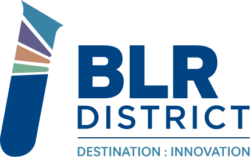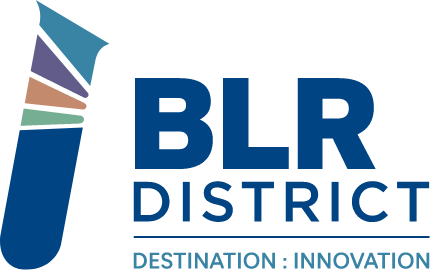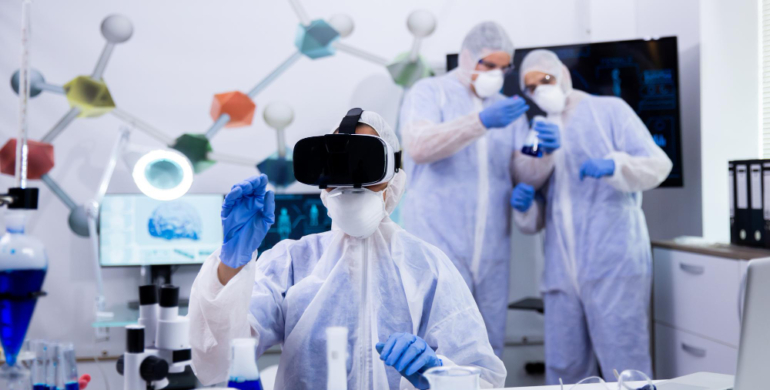Things to Consider When Leasing a Lab Space
The COVID-19 pandemic propelled a whole round of research labs, and this isn’t some random fact pulled out of thin air. In fact, according to the reports by The Wall Street Journal, more than 31 million square feet of life-science spaces were under development by the fourth quadrant of 2021.
The need for persistent and competitive scientific research is nothing brand new. Although two years of a global pandemic under our belts skyrocketed the demand for quality life science lab space, the need for science lab rental was always on the rise. However, finding the perfect space to complement your R&D objectives is no easy feat. Wondering how to find the perfect lab for your next big project? Here are some tips for you!
Location and Accessibility:
When it comes to leasing a lab space, location is of utmost importance. Consider the proximity of the lab space to other research institutions, universities, and industrial hubs. A location that fosters collaboration and provides access to resources, expertise, and potential partnerships can be invaluable in advancing your research. Additionally, ensure that the lab space is easily accessible for your team and any visitors, considering factors such as transportation, parking, and proximity to amenities.
Infrastructure and Facilities:
A well-designed and equipped laboratory infrastructure is essential for carrying out life science research effectively. Evaluate the layout and functionality of the lab space, ensuring it is adaptable to your specific research requirements. Consider factors such as the availability of fume hoods, safety features, temperature, and humidity control, waste disposal systems, and adequate storage space for chemicals, reagents, and equipment. Furthermore, assess the availability and quality of utilities, such as electricity, water, and ventilation systems, as they directly impact the reliability and efficiency of your experiments.
Compliance and Regulations:
In the life sciences field, adherence to regulatory guidelines and compliance with safety standards are paramount. Before leasing a lab space, familiarize yourself with the relevant local, state, and federal regulations that govern research facilities. Ensure the lab space meets these requirements and has the necessary certifications, permits, and licenses. Compliance with regulations not only ensures the safety of your team but also safeguards the integrity and validity of your research.
Scalability and Flexibility:
As your research progresses and your team grows, it is crucial to consider the scalability and flexibility of the lab space. Assess the potential for expansion or modification of the space to accommodate future needs. This could include the availability of additional rooms, benches, or office spaces. Flexibility in terms of lease terms and the ability to customize the space according to your research requirements can be advantageous in the long run.
Supportive Ecosystem:
Consider the ecosystem surrounding the lab space. Are there opportunities for collaboration, networking, and knowledge sharing with other researchers or companies in the area? An ecosystem that fosters innovation and provides access to resources, funding, and mentorship can significantly enhance your research capabilities. Look for nearby academic institutions, incubators, or technology parks that can offer support and create synergistic relationships.
Conclusion
Reconfiguring biotech labs for concise R&D results worked in the past, but now it’s simply time-consuming and expensive. As life science companies increasingly eschew conventional lab design to keep up with the pace of innovation, finding the best life science real estate developers for agile lab spaces has become imperative. The need to shorten product pipelines and cost pressures have become the changing definition of a desirable laboratory facility, and leasing a science lab can open new doors for innovation, technology, and top talents to be dynamic and accommodate the change in their life science research facility.






